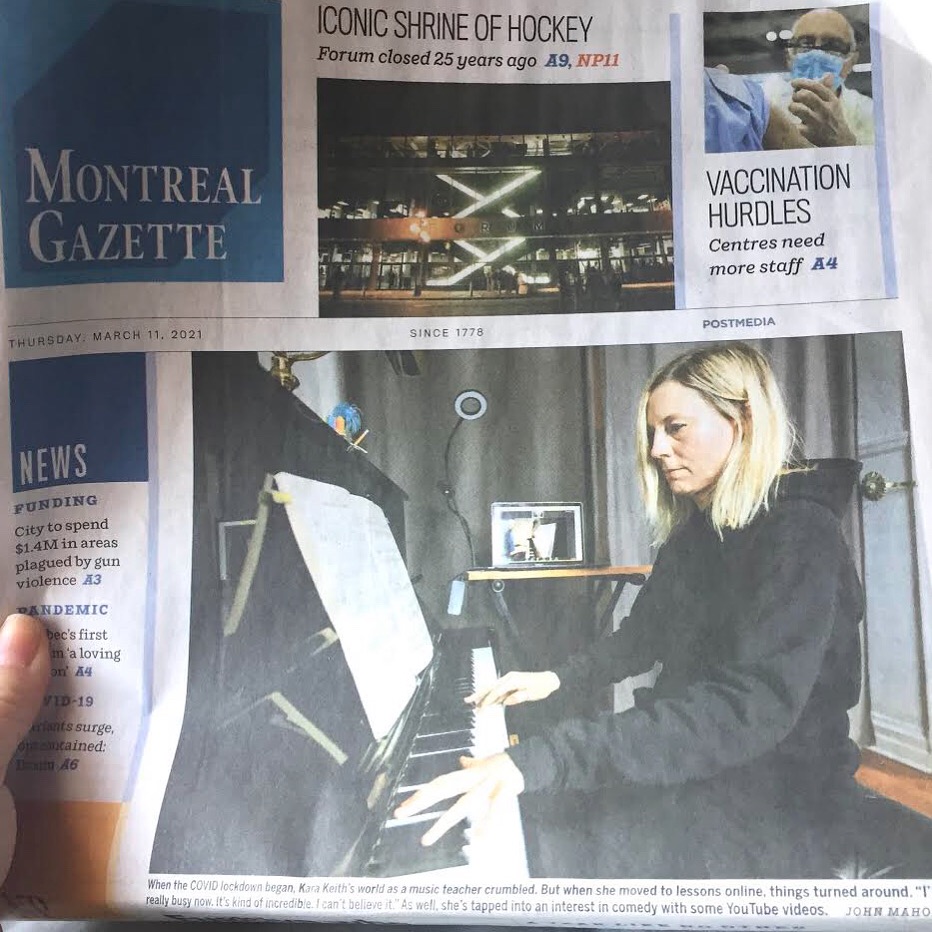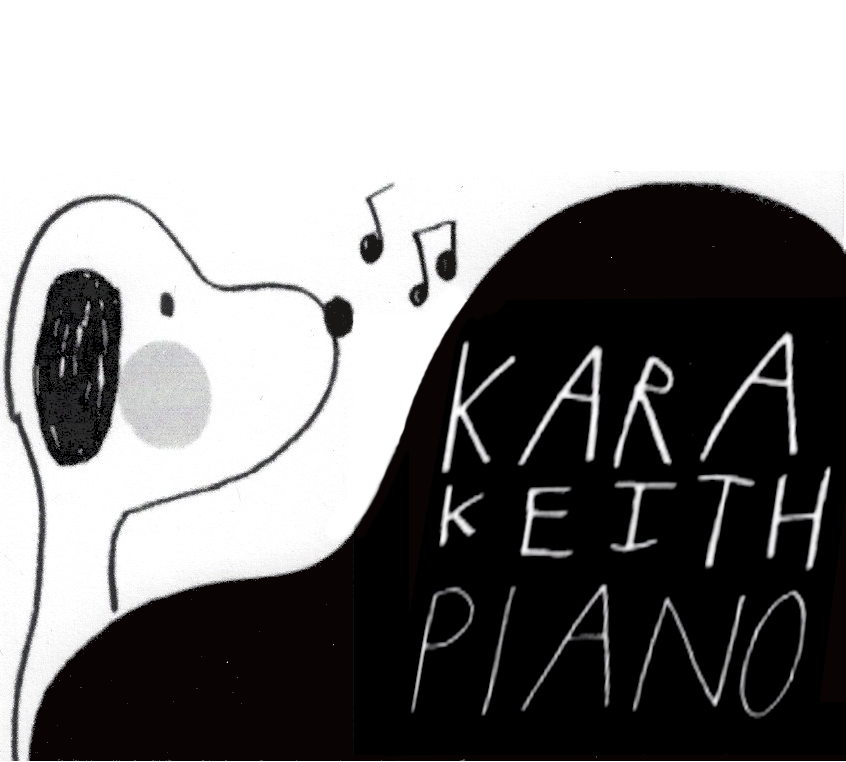Erik Satie’s vast simplicity
Erik Satie is considered by many music scholars, to be the official creator of ambient music. The first time we hear these Gnossienne, we are made aware of the space between notes, and therefor are brought into an awareness of our own space in the world. The captions in this video are from Satie’s original notation, an inspirational language unto itself.
At first glance this is not difficult music to learn to play, however it is deceivingly vast in its deep complexities of colour and unexpected turns of phrase. Much like gazing at a flower or noticing the clouds in the sky, this music offers a portal into the vast world of heaven on earth. A world where both light and dark co-exist in mutual respect and in the balance are perfectly placed notes that fall carefully from the fingers like raindrops from the sky.
It is with great humility I play and teach to others, this Gnossienne no.1 in f minor.
Who Wrote It?
When songs we love sound exactly like songs written by famous composers #SuccessionTheme #SonataPathétique #Beethoven
Pop music is short for Popular music because it describes a style of song that is easy to digest by many listeners.
For students learning music theory and song writing likely already know, there are only so-many chord changes possible when writing tunes that are ‘pleasant’ to the ear. The pop idiom which began in Europe many years ago and then made wildly popular by Classical composers such as Hadyn, Mozart and Beethoven is still relevant today.
The main title to the wildly popular show, Succession, has become an ear worm for many. The piano hook is incredibly catchy and in a classical in style that wafts above a gritty hip hop beat. Like opulence being drug thru history, this theme music is nostalgic and current, unwantingly beautiful and totally tragic. An incredible piece of music.
But take away the hip hop beat, the piano’s melody, rhythm and chord progression is identical to the first movement of Beethoven’s Sonata No. 8 Opus 13.
I was interested in what the composer had to say about his composition for the HBO show and in researching interviews with him I have yet to come across a reference to Beethoven’s Sonata. what do you think? Do you think there is enough of a similarity here to call it plagiarism?
Or a better question might be; With only so many different possible arrangements of notes and chords within the pop idiom is originality even possible anymore or are we expected to repeat chord progressions and melodies from the last 300 years of western music?
Pandemic challenge #5
Create a soundtrack for something you love
Bach in Boxers
An Invitation To A Fable with music of Dimitry Kabalevsky
Look Mom, I’m Front Page News!

Rachmaninoff lives!
Gershwin’s Prelude #3
It is on my list to record a performance of all three preludes in this series, but in the meantime here is the ever intricately spicy Prelude #3 first performed in the Roosevelt Hotel in New York City in 1926 (not by me) but by George Gershwin himself.
